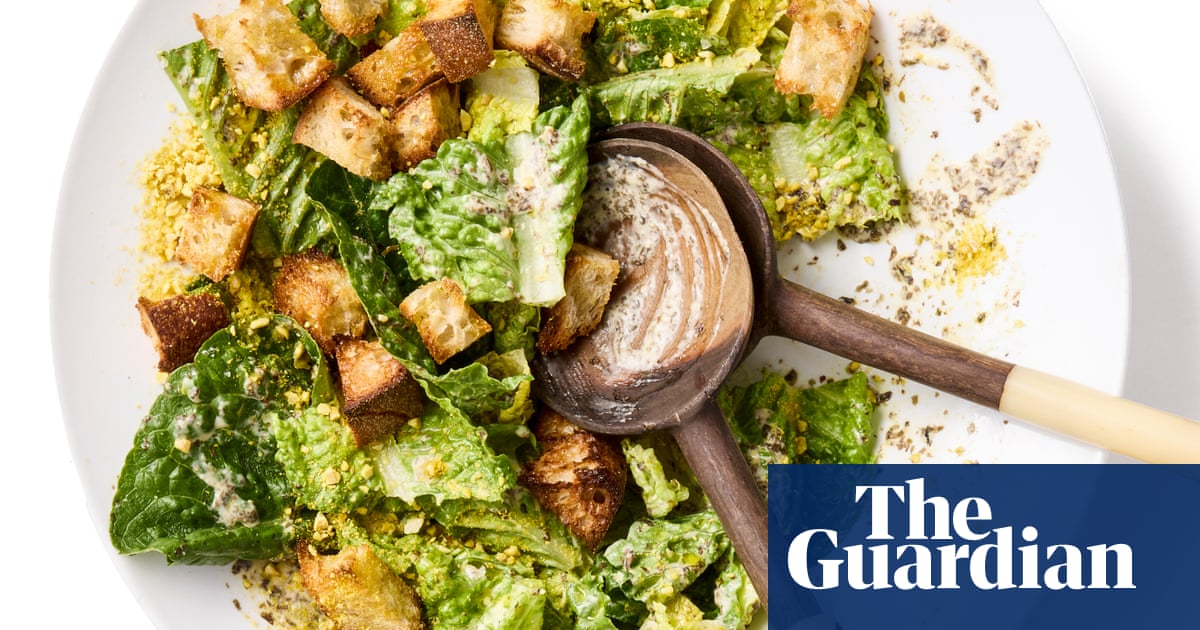I have never been afraid of sex. Of course that has hurt me quite badly over all the years I’ve been having it, but I remain fairly fearless. I am not afraid to talk about it, nor am I afraid to have it. Lots of different kinds of it, with lots of different people.
Sometimes I wonder if it’s because there’s something in there, some sort of pathology that has numbed me to the terrifying realities of (some) of the sex I’ve had: a childhood trauma or me rebelling against the last vestiges of my now renounced Catholicism.
I’ve spent quite a lot of time and money trying to work out whether I’m defective and if that’s the reason why I feel rather shameless in my enjoyment of sex, but I just can’t seem to take any negative answer I find there seriously. The way I act sexually – that is to say “with abandon” and in a manner that is “rather slutty” – is something I find really quite fun about myself. Like how I’m a Sagittarius rising! A sort of quite-fab thing about me that has no real-world consequences whatsoever (a Sag rising would say that though…)
It probably seems hypocritical that I’m writing under a pseudonym, but after having spoken at great length with my editor about this, I believe that a certain level of privacy precludes feelings of shame that come from the eyes and mouths of others, when expressing how much you love and want to fuck. It is not the business of you people who I am, but it might be the business of you people how to enjoy sex more.
I wish to share that with you.
I’ve been to the valleys of self-loathing and right the way up to the peaks of deluded self-esteem in my life, and my relationship with sex isn’t something that’s changed all that much throughout. I just like it. I really do. I like to be desired, I like to desire. I like to be thought of, or disposed of, or thought of then disposed of, or disposed of then thought of. And I like to do that with others. All of that: that sex stuff which makes you feel funny in your stomach – I really enjoy it.
But how is that possible? I have asked myself so often. Everywhere I look we seem to make a problem of sex. And yes, there are problems with sex culture, rape culture, exploitation and power-differentials culture. But that is not the same as sex.
I loved Lisa Tadeo’s Three Women as much as the next person, but I closed the final page on this map of desire of all American women in the 21st century and thought “God! How depressing! Every woman in America hates sex then?”
See, it’s very easy to get bogged down in lots of shame around why we have sex the way we have it; who we have it with; the “why do I like the idea of my wife sitting on a giant cream cake wearing frilly knickers?” And yet it’s so infrequent that we really discuss how absolutely wonderful, and absolutely possible, it is to enjoy sex. To actually have good sex. To applaud with glee as your wife slips on those French lacies and plops down on to a plate of Mr Kiplings.
This is not to say one has to charge into every sexual opportunity like some sex bull who must, above all costs, prioritise pleasure – that’s neither practical nor probable nor possible. Some sex is absolutely terrible, some sex is a pre-bed orgasm given to each other out of duty and panic, some sex is just nice; all right; will do. But so much sex is fantastic: funny and grunty and camp. And it’s something we must try at, we must work at.
This realisation was a revolutionary step for me: we don’t just get born with a great sex manual. We must work.
About three years into our relationship, my husband and I started sleeping with other people – a shift born (if I’m being totally honest) out of our own bed death. I realised how much I still had to learn about good sex and how much of that learning I could bring home, too. I thought: here it is – the point where I could tap out. Where I could consign myself to mandatory Christmas and birthday oral sex while saying, “You know, we’re so intimate” every time sex comes up among friends. Or I could grab the penis by the shaft and learn something.
What I learned was, of course, technique, what sounds to make when, what different people wanted and what I wanted, too. But I also learned about connection, immediate and prolonged.
It’s this last part I realise I love so much about sex. The connection. So much so that I wonder if it’s really sex that I’ve loved so much all these years, or is it the ability to study people, how we relate, with an orgasmic perk at the end?
In Hull, when I was living there shooting a movie, I slept with a farmer from a nearby town. He was very, very attractive, double my age. And the sex we had all over my hotel room felt properly earth-shattering. Massive hands and a natural musk. Our bodies wrapped up and enrapt, something brand new created in the space between us: a whole new entity and I knew he could feel it, too. We lay there breathless, unable to compute what had happened – and, perhaps best, not needing to.
After, he was getting dressed and I said, casually, “Where are you going tonight?”
His mouth made a shape, before curling in on itself, and he wept. I was surprised: up until now we hadn’t even exchanged names. I held him, both of us strangers, naked, and he told me that his mum was likely going to die tonight. He was on his way to the hospital to spend his last hours with her.
He lay in my arms for half an hour and cried and cried and kissed me, while I rubbed his arm and the small of his back and told him it would be OK.
He told me he hadn’t cried about it at all, but something about the liminal and shame-free space our sex had created opened what felt like a portal to a deeper human connection that he said he’d found it hard to achieve in “normal” conversation.
Sex can allow us, momentarily, to shed the roles we play in our life. It’s often after sex that my husband and I will have conversations which tend more towards the big stuff – regrets, whether we should have children, what happens when stars collide? – as opposed to what bills must be paid or what we’ll have for lunch.
But it does take work, I think.
We don’t inherit a set of sexual behaviours or an ability to know how to achieve, or help your partner achieve, orgasm – or even connection. It takes work to not become fearful of sex, too: of my body and the way it is changing as I age; of their body and all the things it has which I consider to be better than mine. Of fluids I otherwise seek to wash down the drain and of smells that I spend hours and pounds to mask.
A sex life is worth investing in. Like anything, it’s complicated; it requires grace, forgiveness and dexterity, whether with a one-night stand who bites your lip too hard, or with a partner of over a decade who doesn’t bite it hard enough. Perhaps it takes some therapy, too, or at least that Esther Perel https://www.estherperel.compodcast (Where Should We Begin? Recommend).
Sex has really shown me that we are all reaching out, all of the time. Like the bereft farmer in Hull. And we do that in different ways. In a sexual life, sometimes that reach resulting in the meeting of two hands is not always successful; sometimes sex can be a taking or, in fact, the opposite of a reaching – a barrier-building.
And still, it’s where I have seen the greatest breadth and depth of humanity, and it’s in this very breadth and depth that my faith in it is often restored. People grieving, or lonely, happy or heartbroken, striving to connect, to be more than just flesh. To be the thing where you meet in the middle, outside your body and you’re not always just alone.
That’s not something to be afraid of. That’s no pathology. That’s something to enjoy.

 3 months ago
123
3 months ago
123













































